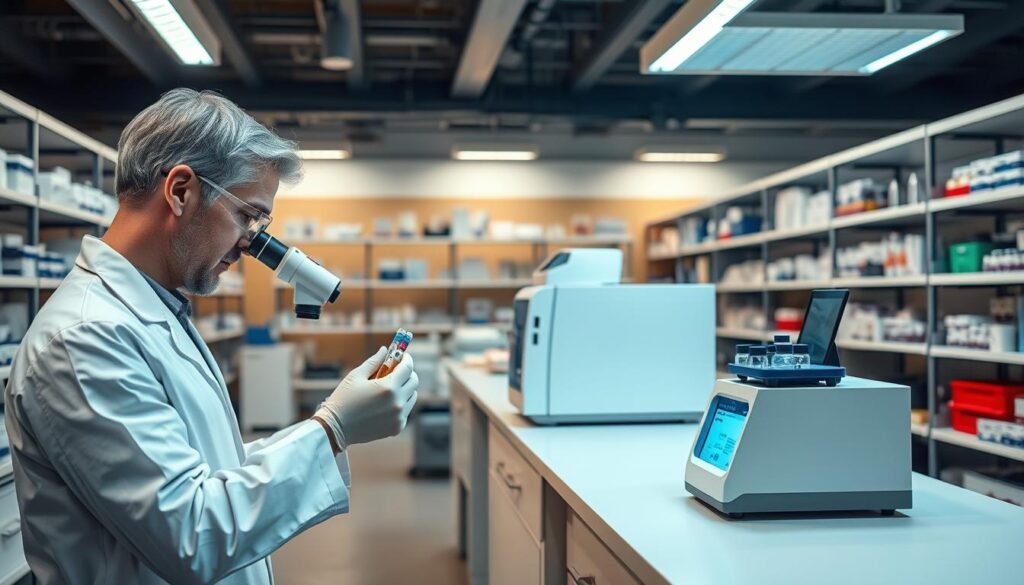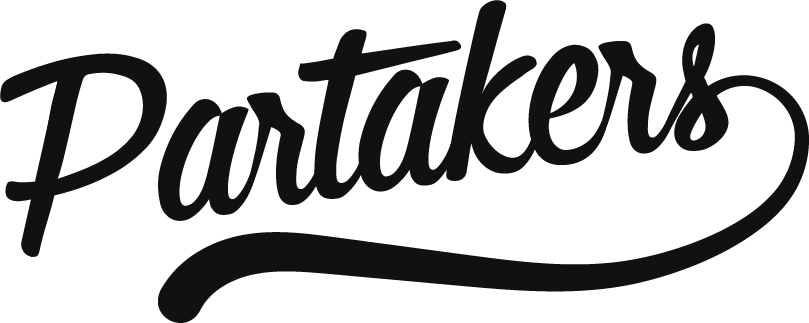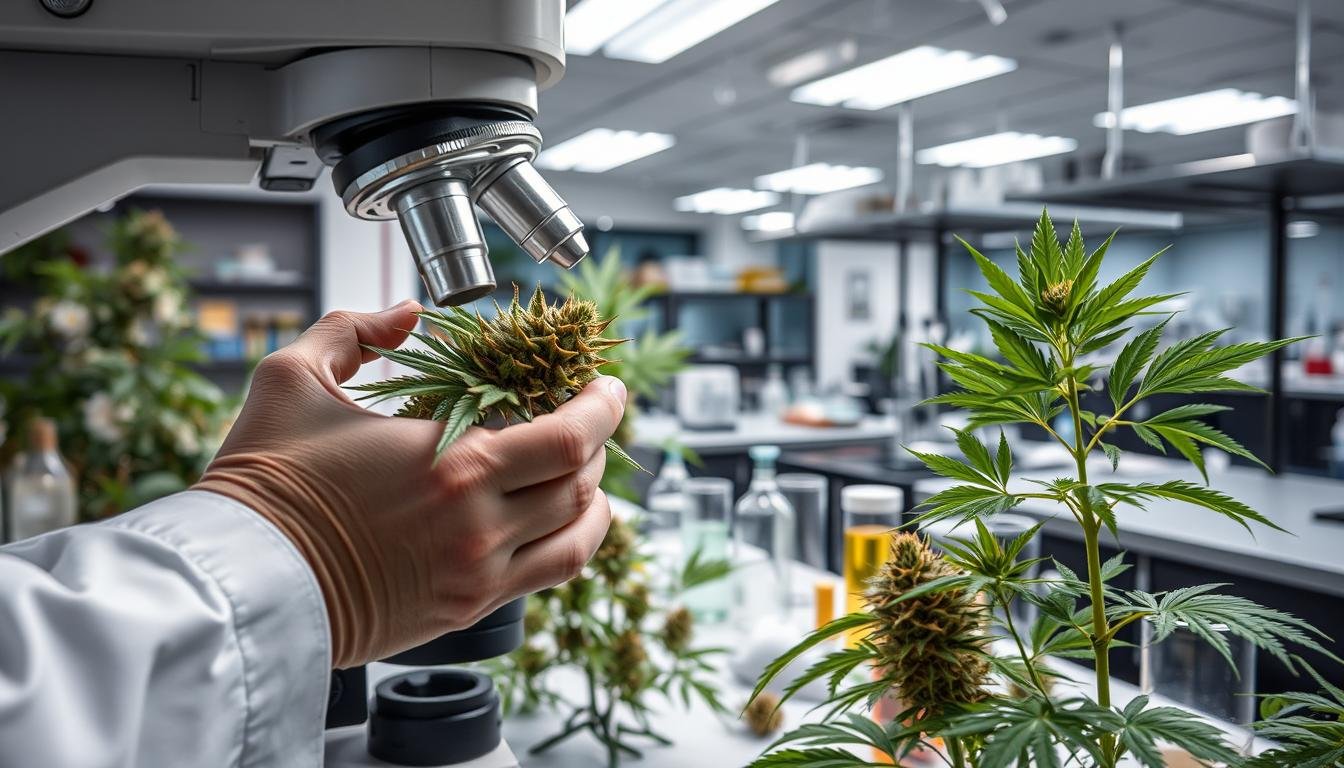Are you curious about the different compounds found in cannabis plants and how they affect your body? The world of cannabis science is complex. Various substances interact with your body in unique ways.
One key difference is in their psychoactive properties. Some compounds can make you feel high, while others do not. This leads to a wide range of uses and benefits. Knowing the differences is important for making smart choices about cannabis use.
Key Takeaways
- CBD and THC are two distinct compounds found in cannabis plants.
- The primary difference between them lies in their psychoactive properties.
- CBD does not produce a high, whereas THC does.
- Both compounds have unique interactions with the human body.
- Understanding these differences is essential for informed cannabis use.
Understanding Cannabinoids: The Basics
To understand the effects of CBD and THC, we need to know the basics of cannabinoids. They are compounds that work with our endocannabinoid system. This system affects many body functions.
What Are Cannabinoids?
Cannabinoids are chemical compounds found in the cannabis plant. There are over 100 known cannabinoids. CBD (cannabidiol) and THC (tetrahydrocannabinol) are the most studied. They have different effects on our bodies and minds.
- CBD is known for its potential therapeutic benefits without psychoactive effects.
- THC is recognized for its psychoactive properties, producing a “high” in users.
The Cannabis Plant: Source of CBD and THC
The cannabis plant is the main source of cannabinoids. It has various compounds that can be extracted and used.
Cannabinoids can be taken in many ways, like oils, edibles, and topicals. Knowing where they come from and how they’re processed helps us see their benefits.
Key aspects of cannabinoids include their interaction with our endocannabinoid system and their health benefits. Research is still finding new ways these compounds can help us.
CBD vs THC: Chemical Structure and Properties
CBD and THC are different because of their chemical makeup. Both come from the cannabis plant but have unique properties. This makes them distinct from each other.
Molecular Makeup: How They Differ
CBD and THC have the same molecular formula, C21H30O2. But, their atomic arrangement is different. This difference is key because it affects how they interact with our endocannabinoid system.
THC’s molecular shape lets it bind with CB1 receptors in the brain. This causes its psychoactive effects. CBD, on the other hand, can’t bind directly to these receptors. This is why it doesn’t have psychoactive effects.
How These Compounds Interact with the Body
The way cannabinoids interact with our bodies is complex. The endocannabinoid system helps control many bodily functions. This includes mood, appetite, and pain.
THC binds with CB1 receptors, changing these functions. This leads to its psychoactive effects. CBD, though, works differently. It can make other cannabinoids more effective and even reduce THC’s psychoactive effects.
Learning about CBD and THC’s chemical makeup shows their unique benefits. It also opens up new possibilities in medicine and wellness.
The Endocannabinoid System Explained
Understanding the endocannabinoid system is key to knowing how CBD and THC work in the body. This system is a complex network of receptors and chemicals. It helps control functions like mood, memory, and appetite.
CB1 and CB2 Receptors
The endocannabinoid system has two main types of receptors: CB1 and CB2. CB1 receptors are mostly in the brain and cause the psychoactive effects of THC. CB2 receptors are found in the immune system and help reduce inflammation.
How CBD and THC Affect These Receptors Differently
CBD and THC work with CB1 and CB2 receptors in different ways. THC directly binds to CB1 receptors, leading to its psychoactive effects. CBD, on the other hand, has a less direct effect. It’s thought to boost the body’s natural cannabinoids by stopping the breakdown of anandamide, a cannabinoid that makes us feel good.
| Receptor | Location | Interaction with THC | Interaction with CBD |
|---|---|---|---|
| CB1 | Brain | Direct binding, psychoactive effects | Indirect effect, modulates receptor activity |
| CB2 | Immune System | Some interaction, but less understood | Indirect effect, potentially anti-inflammatory |
Psychoactive Effects: Mind-Altering Properties
It’s important to know how THC and CBD affect the mind. THC changes how we see things, feel, and think. CBD, on the other hand, doesn’t make you feel high.
Why THC Gets You High
THC gets you high because it binds to CB1 receptors in the brain. This action releases dopamine, which makes us feel good. The strength and length of this feeling can change based on how you use it and how much you take.
CBD’s Non-Intoxicating Nature
CBD doesn’t make you feel high. It works differently than THC, not binding as strongly to CB1 receptors. Instead, it might make other cannabinoids work better and could help lessen THC’s bad side effects, like anxiety.

The Entourage Effect: How They Work Together
The entourage effect happens when THC and CBD are together. They can make each other’s benefits stronger and reduce bad effects. For example, CBD might help if THC makes you feel anxious or paranoid.
Key parts of the entourage effect include:
- Enhanced Therapeutic Benefits: Using THC and CBD together might help more with pain, inflammation, and other issues.
- Reduced Side Effects: CBD could lessen THC’s bad effects, like feeling anxious or having a fast heart rate.
- Complex Interactions: The mix of cannabinoids and terpenes can create a more complex and possibly better effect than using just one.
Knowing about these interactions is key for both medical and recreational users. It helps them make better choices about what products to use and how much to take.
Medical Benefits of CBD
CBD is becoming a key player in medical treatments. Research shows it has many health benefits. Its therapeutic properties are being studied, with promising results.
FDA-Approved Uses
The FDA has approved CBD for some medical uses. Epidiolex, a CBD-based drug, is approved for treating seizures in kids and adults. This is a big step in recognizing CBD’s health benefits.
Promising Research Areas
Studies are looking into CBD’s effects on chronic pain, anxiety, and inflammation. Early results are good, showing CBD could be a new treatment option.
Common Conditions Treated with CBD
CBD is used for many health issues, like epilepsy, insomnia, and migraines. Here’s a table of common conditions and CBD’s benefits:
| Condition | Reported Benefits |
|---|---|
| Epilepsy | Reduced seizure frequency |
| Chronic Pain | Pain relief |
| Anxiety | Reduced anxiety symptoms |
| Insomnia | Improved sleep quality |
In summary, CBD’s health benefits are growing, with FDA approval and ongoing research. As studies continue, CBD’s uses could expand, helping many people with health issues.
Therapeutic Applications of THC
THC has many uses in medicine and is still being studied. It helps with pain and nausea, among other things.
Approved Medical Uses
THC is approved for helping with nausea from chemotherapy and boosting appetite in AIDS patients. This is thanks to a lot of research.
Symptom Management Capabilities
THC can also help with other symptoms. It eases chronic pain, muscle spasticity in MS patients, and sleep issues. This makes it a good choice for many patients.
Ongoing Clinical Research
Research is still finding new ways THC can help. It’s being looked at for PTSD, anxiety, and epilepsy. As studies go on, we’ll learn more about THC’s benefits.
Studying THC’s uses is an exciting area. New findings are always coming up, making it a great time for research and patients.
Side Effects and Potential Risks
CBD and THC have benefits, but they also have side effects. It’s important to know these risks for safe use.
Short-term Effects of THC
THC can cause altered perception, memory issues, and impaired motor skills. Some may feel anxious or paranoid, mainly with high doses.
Long-term Concerns with THC Use
Long-term THC use can lead to cognitive impairment, mainly in teens and young adults. It may also cause dependency and affect mental health, like increasing psychosis risk.
“The risk of developing cannabis use disorder is higher among those who start using marijuana at a young age.”
Safety Profile of CBD
CBD is usually safe and well-tolerated. Side effects like fatigue, changes in appetite, and diarrhea are mild. But, more research is needed for its long-term safety.
| Compound | Common Short-term Side Effects | Long-term Concerns |
|---|---|---|
| THC | Altered perception, anxiety, impaired motor skills | Cognitive impairment, dependency, mental health impacts |
| CBD | Fatigue, changes in appetite, diarrhea | Limited data, generally considered safe |
Drug Testing and Detection
Drug testing for cannabinoids, like THC, is complex. It affects many areas of life, including work and legal issues. Knowing how drug tests work and what they detect is key for those using CBD or THC.

How Long THC Stays in Your System
THC, the active part of cannabis, stays in your system for different times. This depends on how often you use it, how much you consume, and your metabolism. THC can be found in:
- Urine: up to 30 days for regular users, but it can vary
- Blood: usually up to 2 days, but more for heavy users
- Saliva: up to 72 hours
- Hair: up to 90 days or more
Can CBD Trigger a Positive Drug Test?
CBD, from hemp, is rarely found in drug tests, which look for THC. But, some CBD products might have THC, even if they’re not supposed to. This is more likely with low-quality or mislabeled products. While the chance of a false positive is low, it’s not impossible.
Workplace Testing Considerations
Drug testing policies at work differ a lot. Some employers test randomly, others after accidents or if they suspect something. It’s important for employees and job seekers to know their company’s rules. Using CBD or THC could affect your job.
Key Considerations for Workplace Drug Testing:
- Know your company’s drug testing policy
- Watch out for CBD products with THC
- Think about the effects of using THC or CBD
Legal Status in the United States
Understanding CBD and THC laws in the U.S. is complex. It involves federal and state laws. Each state has its own rules, making it different everywhere.
Federal vs. State Laws on Cannabis
At the federal level, cannabis is illegal. But, many states allow it for medical or fun use. This creates a big gap between federal and state laws.
The 2018 Farm Bill changed hemp-derived CBD laws. It made it legal if it has less than 0.3% THC.
Hemp-Derived CBD Legality
Hemp-derived CBD is legal at the federal level. But, some states have their own rules or ban it.
Medical and Recreational THC Regulations
THC laws vary by state. Some allow it for medical use, others for fun use. States with medical THC laws need a prescription or doctor’s note.
| State | Medical THC | Recreational THC |
|---|---|---|
| California | Legal | Legal |
| New York | Legal | Legal |
| Texas | Limited | Illegal |
In conclusion, while there’s a federal framework, state laws mostly rule CBD and THC. People need to know their state’s laws to follow them.
Conclusion: Making Informed Choices About CBD and THC
It’s important to know the difference between CBD and THC. These two cannabinoids work differently in our bodies. They have unique chemical structures and effects.
CBD and THC interact with our endocannabinoid system in different ways. THC can make you feel high, but CBD might help with health issues without the high feeling.
As research on cannabis grows, staying updated is key. This helps people make smart choices about using CBD or THC. They can pick what’s best for them.
Knowing how CBD and THC work helps us use them safely. It lets us enjoy their benefits while avoiding risks.
FAQ
What is the main difference between CBD and THC?
CBD and THC have different effects on the mind. THC can make you feel high, while CBD does not. It’s non-intoxicating.
How do CBD and THC interact with the body’s endocannabinoid system?
Both CBD and THC interact with the endocannabinoid system. But they affect it differently. THC binds directly to CB1 receptors, causing psychoactive effects. CBD has a more indirect effect.
What are the medical benefits of CBD?
CBD has many medical benefits. It’s FDA-approved for certain seizure disorders. It may also help with pain, inflammation, and anxiety.
Can CBD trigger a positive drug test?
CBD itself usually won’t cause a positive drug test. But, some CBD products might have THC. This could lead to a positive test result.
What is the entourage effect in cannabis science?
The entourage effect is when cannabinoids like CBD and THC work together. They produce stronger therapeutic effects.
How long does THC stay in your system?
THC’s stay in your system depends on several factors. These include how often you use it, your metabolism, and the drug test type. THC can be found in urine for up to 30 days.
What is the legal status of CBD and THC in the United States?
CBD and THC’s legality varies by state. Federally, hemp-derived CBD is legal. THC is still a Schedule I controlled substance. But, some states allow it for medical or recreational use.
What are the potential side effects of THC?
THC can cause short-term effects like altered perception and memory issues. It can also increase heart rate. Long-term, it may affect mental health and cognitive function.
Is CBD safe to use?
CBD is generally safe when used correctly. But, it’s important to talk to a healthcare professional before using it. This is true, even for therapeutic purposes.

